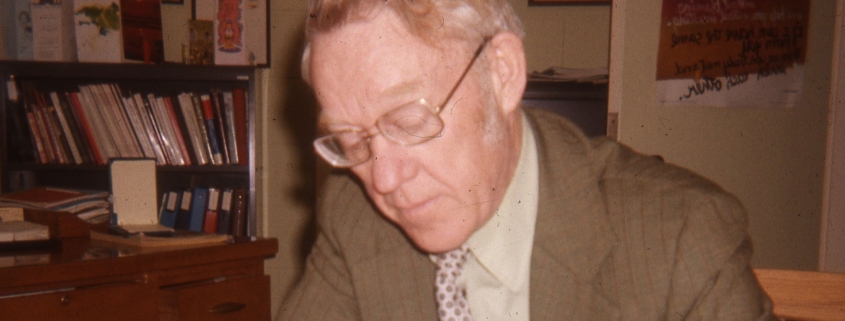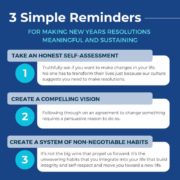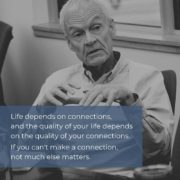The Call To Citizenship
In the very early months of WWII, my father excitedly rushed to enlist at the first opportunity. However, upon the discovery of his poor eyesight, he was declined. Unable to go to war, he returned to his work as a youth leader on the inner streets in Calgary. Forty-five years later, if asked about being unable to serve his country in the war efforts, he would tear up, still too upset to talk it.
Dad’s understanding of citizenship went beyond the conventional, limited definition concerning the act of voting and upholding the constitution and laws of a country. Whether he was scolding me for self-centeredness, picking up trash when we walked through a park, or volunteering to help the homeless in our community, my father understood citizenship from the scope of one’s civic duty to their community, whether a city block, a nation, or the world.
Here’s a few strategies to respond to the call to citizenship. What are yours?
- Roll up your sleeves. The world is filled with opportunities to be kind and useful. Rising above self-serving desires to contribute isn’t just good for the community, it’s good for your well-being.
- Spend below your means. Don’t spend money you don’t have on things you don’t need to impress people you don’t know. Overspending to impress is not a path to citizenship.
- Embrace the grind. Citizenship, and the character that comes with it, are not achieved by having things too easy. Pain, difficulties, and challenges are a part of a good life.
- Take the long view. Citizenship is not about immediate gratification. Citizens are geared toward making this world better in a generation or two – not just today. Citizenship means planting trees that will bear fruit you will never eat and cast shade you will never enjoy.
Let’s make a career of humanity … and you will make a greater person of yourself, a greater nation of your country and a finer world to live in. – Martin Luther King Jr.









